-%D0%BC%D0%BE%D0%B7%D0%B3%20%D0%B4%D0%BE%D1%84%D0%B0%D0%BC%D0%B8%D0%BD.jpg)
Russian Research Team Gains Deeper Insight into the Workings of the Human Brain during Group Problem Solving
A team of Russian researchers with the participation of a leading researcher at HSE University, Ekaterina Pechenkova, found that during group problem solving the components of the social brain are co-activated, but they do not increase their coupling during cooperation as would be suggested for a holistic network. The study was published in Frontiers in Human Neuroscience.
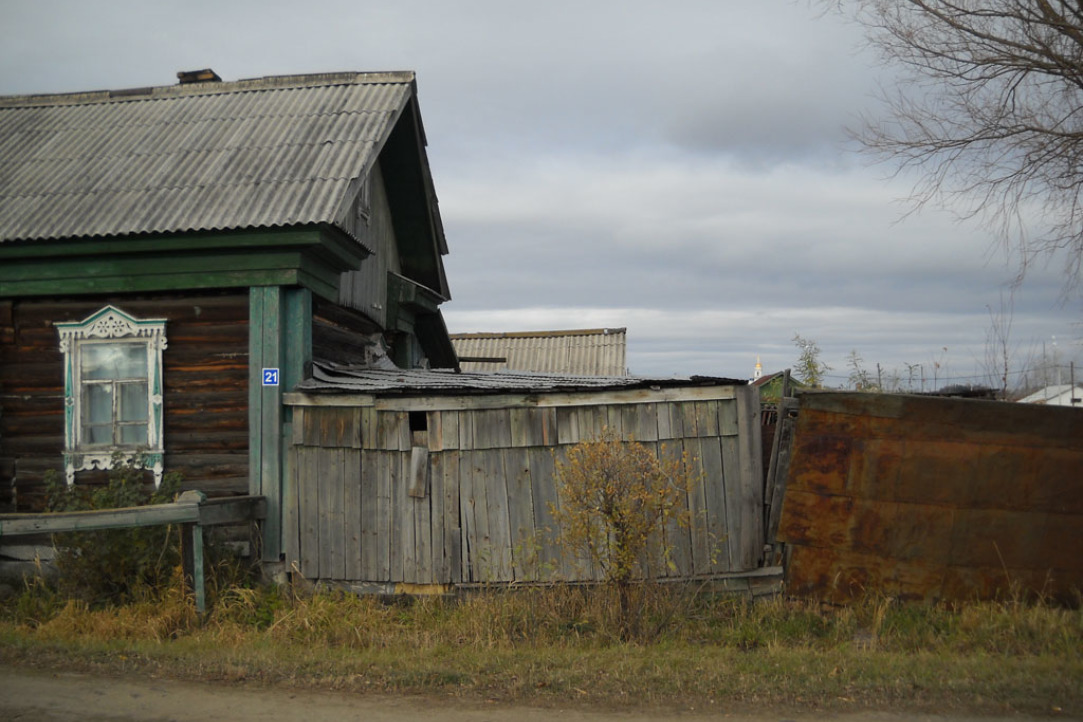
Russians Consider Themselves Poorer Than They Actually Are
Experts often blame income inequality for a wide range of social ills. They usually calculate its severity using special statistical indices drawn from official tax data or large-scale surveys of individual households. Such analyses create an objective picture and indicate the degree of inequality and the basic factors behind it.
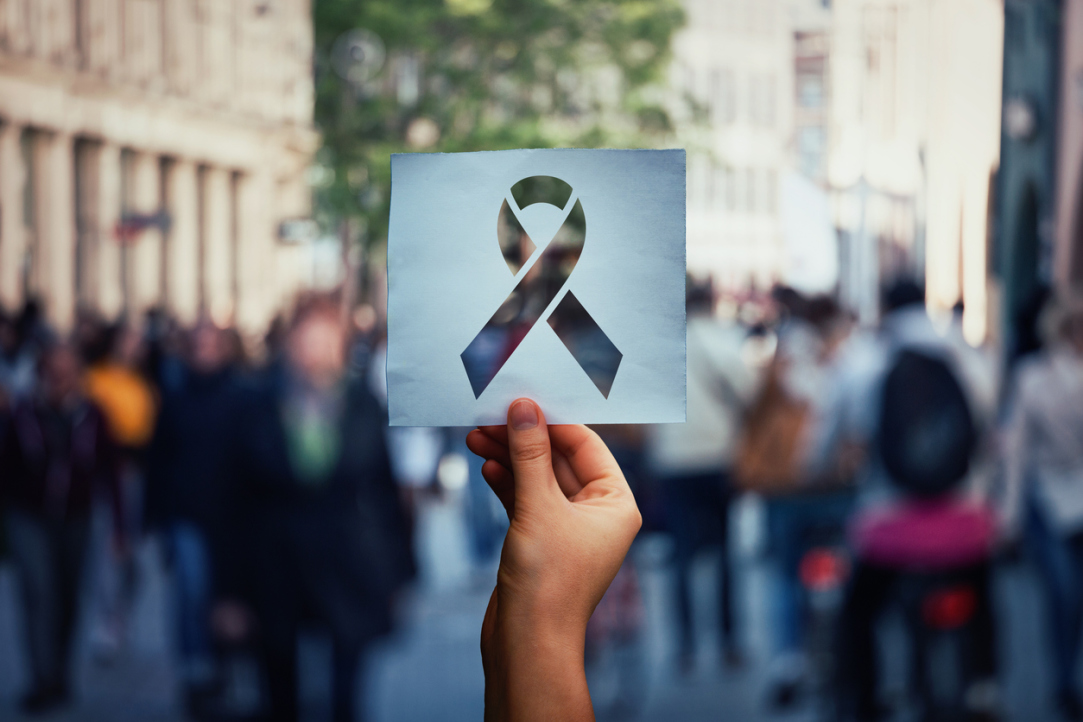
HSE University Researcher Develops Global HIV Prevention Index for Drug Users
People who inject drugs (PWID) are 24 times more likely to be infected with HIV than the rest of the population. Therefore, HIV and AIDS prevention policy among this group should be different. However, the question remains—how effective is it?
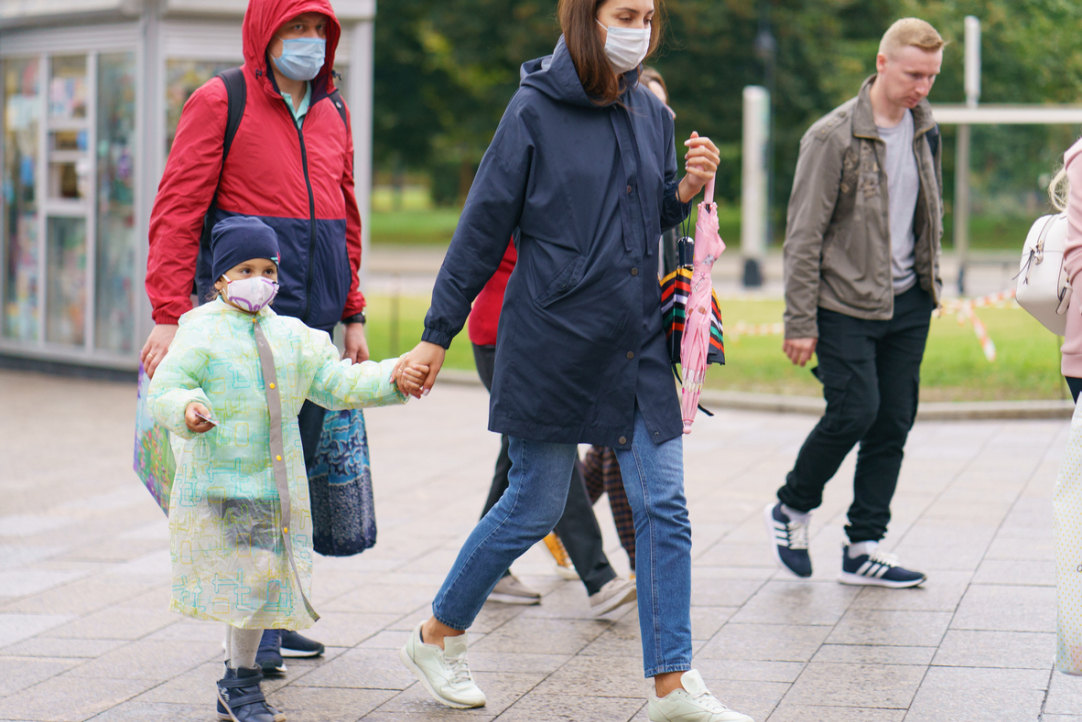
How Following the Law Helps to Fight the COVID 19 Pandemic
Mathematicians of the Higher School of Economics have calculated the effectiveness of measures taken to fight the coronavirus epidemic in different countries. They have concluded that the scale of anti-epidemic measures does not necessarily directly affect the disease rate, suggesting that one of the main reasons for this is the willingness of citizens to clearly, honestly and consistently comply with anti-epidemic measures.
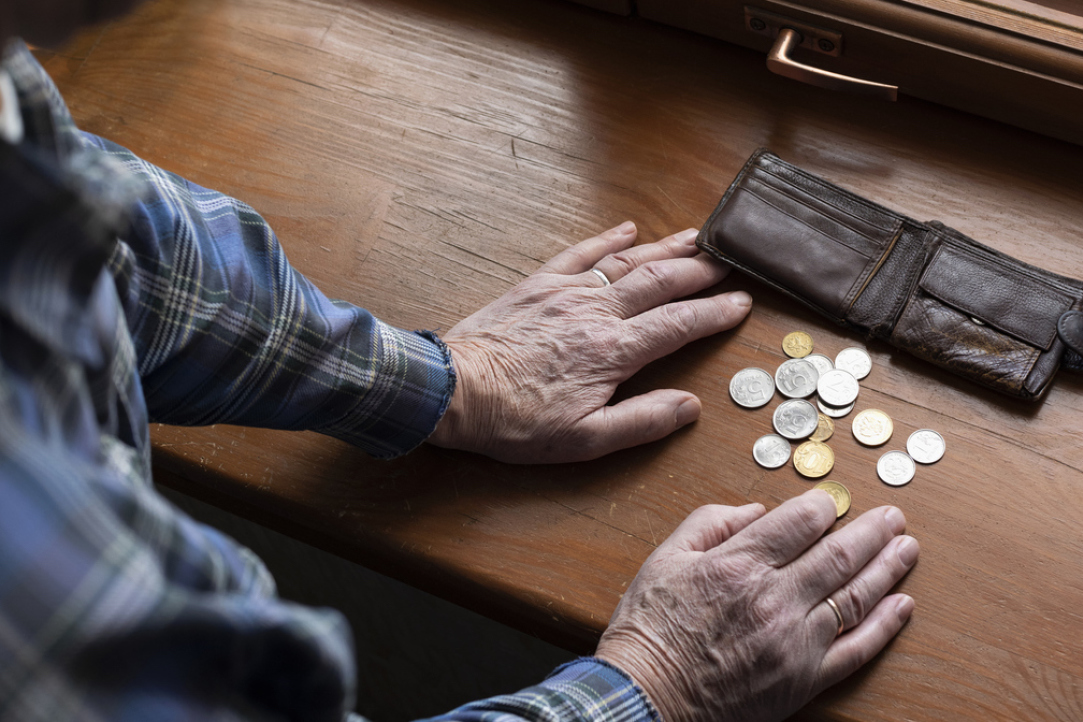
It Turns Out That Russians Are Unprepared for Poverty
For years, Russians have failed to develop the ability to adapt to financial vulnerability — that is, to the risk of falling below the poverty line. This is associated with the fact that Russians are less satisfied with life and rate their well-being lower as well. With the prospect of falling poverty an ongoing problem, these indicators have not improved.

A Pandemic of Negative Interest Rates: Banks and Their Clients Will Have to Adapt to a New Normal
The coronavirus pandemic and lockdown have made life difficult for credit institutions and their clients. Citizens’ incomes have decreased, which can lead to an increase in bad debts, and a decrease in the key rate to support the economy makes deposits less and less attractive and deprives banks of an important resource. Banks are compelled to search for new ways to earn money, which carries additional risks, says HSE Banking Institute Director Vasily Solodkov.
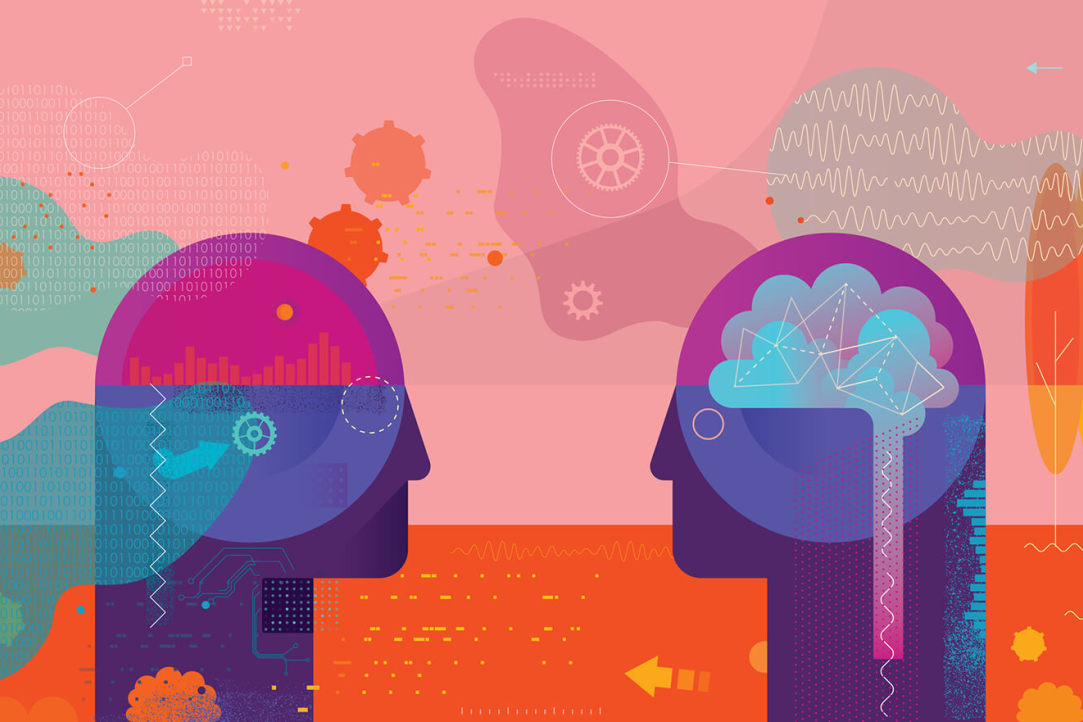
Poletaev Readings Consider New Turns In and Away from Theory in the Humanities
The Poletaev Readings, dedicated to the memory of Andrey Poletaev, one of the founders of the Poletaev Institute for Theoretical and Historical Studies in the Humanities (Russian acronym — IGITI), is a major annual event of the Institute. The event was set to mark its 10th anniversary in 2020, but due to the pandemic, the anniversary forum has been postponed to 2021. In its place, the organizers have arranged the Poletaev Readings 9¾, which were held online. HSE News Service spoke with the event organizer and some of the participants.
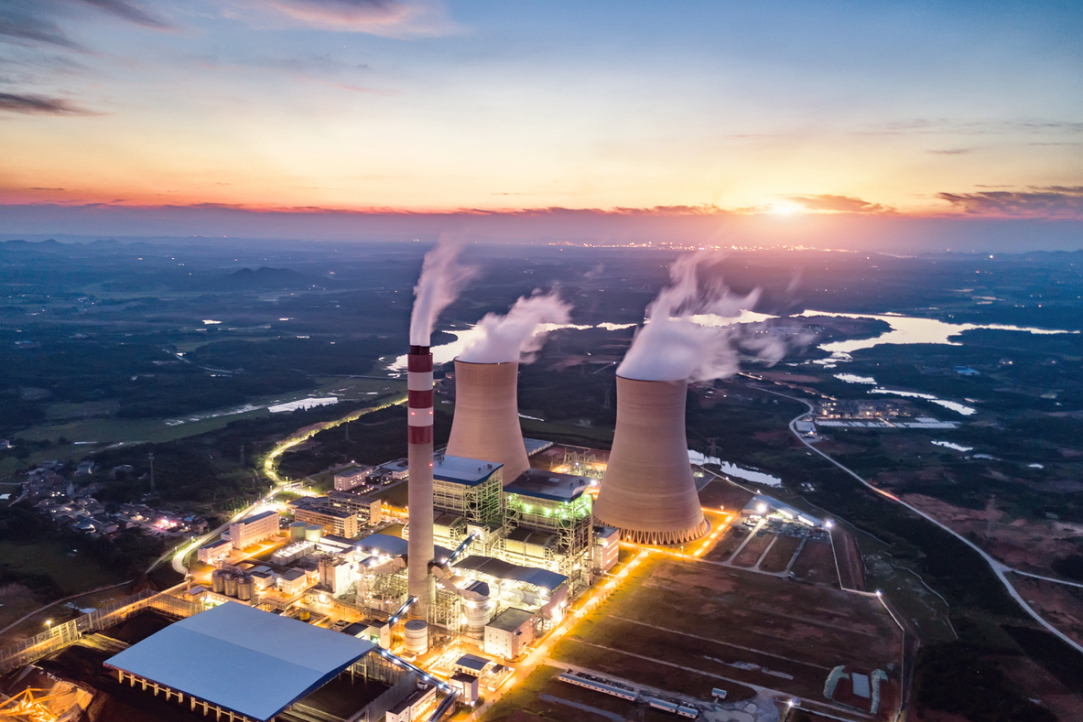
International Regional Studies: Russia’s Big Hunt for Global Markets
The Second International Conference ‘East and West in the New Transformation Phase: Asia Encountering the Challenges Of Deglobalization’ will be held from December 16-17, 2020. According to Vera Vishnyakova, Head of theFaculty of World Economy and International Affairs School of International Regional Studies, it will be the first event to discuss the most pressing questions in contemporary international regional studies.

Weeping Men: Why Misandry Flourishes in Russian Society
Although Russia has traditionally been a patriarchal society, misandry—the sharp criticism of men, or ‘reverse sexism’—is on the rise. Women accuse men of every possible sin, from acting aggressively to being too passive at work and home, and from narcissism to general indifference. In a pilot study, HSE University researchers studied misandry in the women of two different generations.
HSE’s Digital Transformation Achievements Presented at Yandex Conference
On September 23– 25, Yandex held the Yandex Scale 2020 conference on new digital products and services. The conference included practical sessions on machine learning, data processing, analysis and other topics, as well as cases of the company’s customers and partners. One such case, concerning the evolution of a digital university, was presented by Alexey Chukarin, HSE University’s Senior Director for Digital Transformation.

